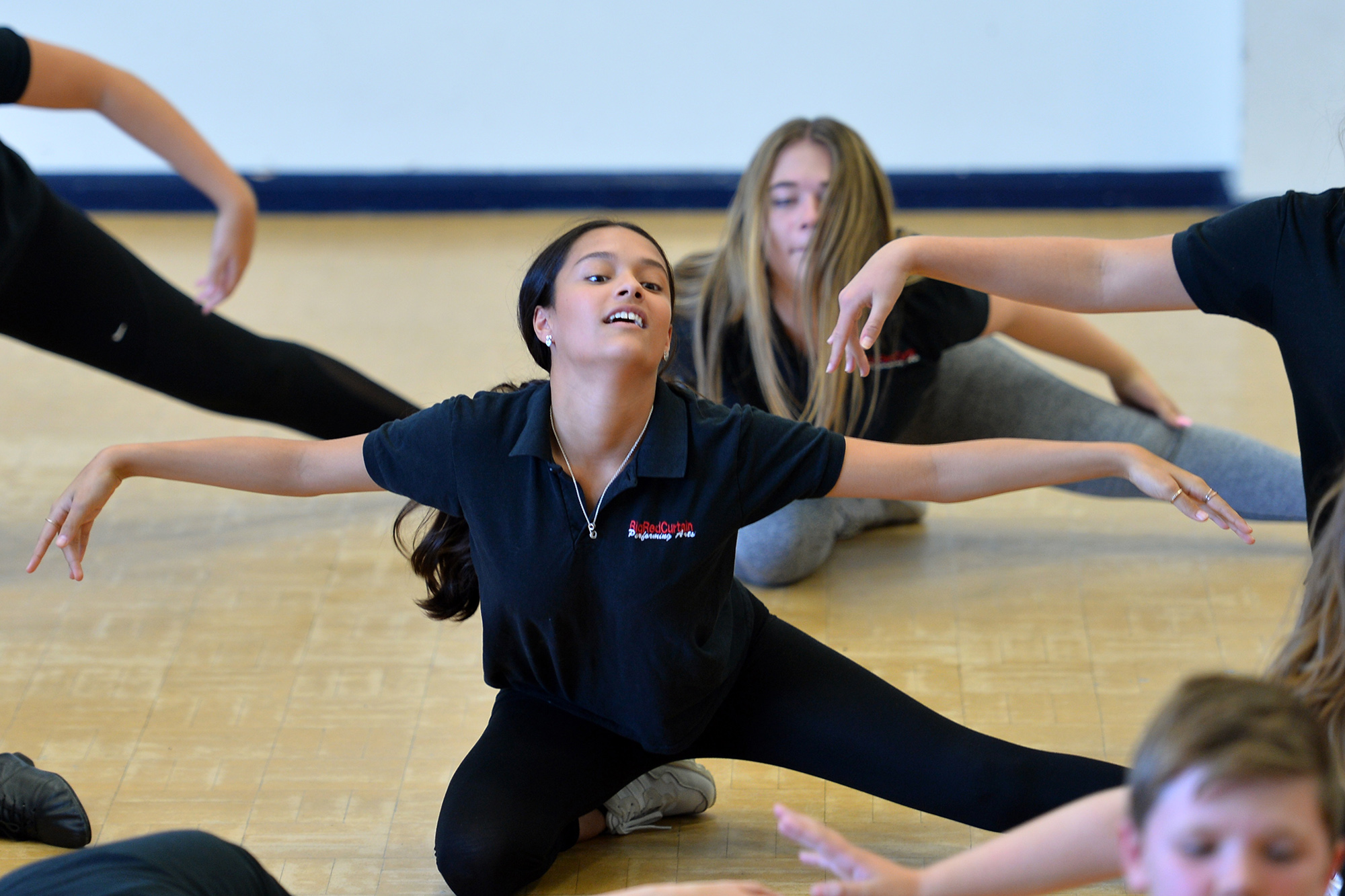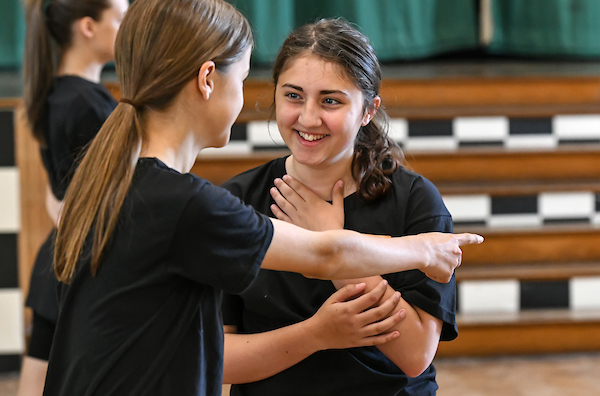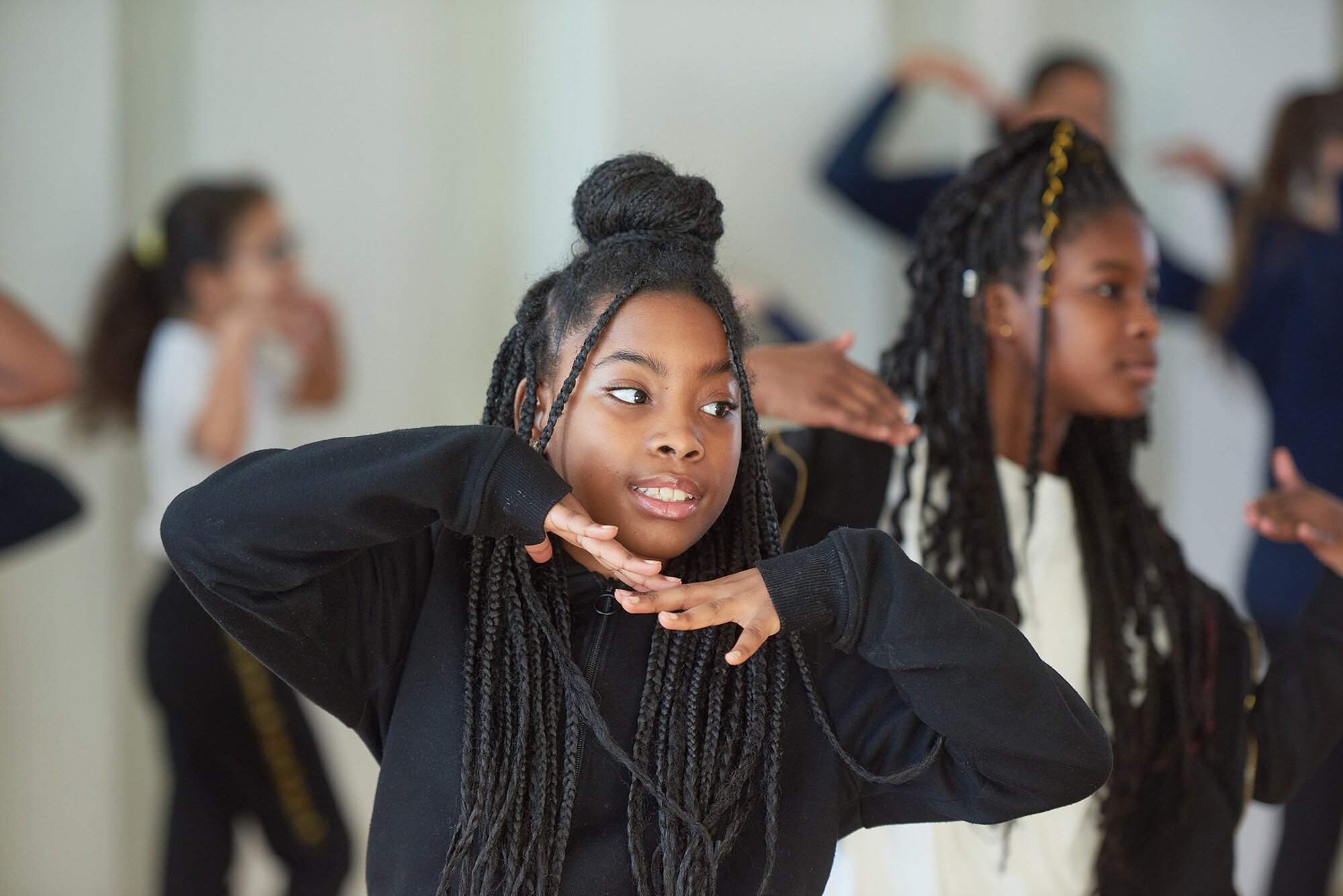
Superstitions in theatre and performance

BY: Sarah Hughes
22 October 2025
The nights are drawing in and we are seeing more and more pumpkins in the shops; it’s not surprising that we may be starting to think about things that go ‘bump’ in the night! In this blog, we delve into how spooky superstitions, both traditional and modern, are ingrained in theatre and performance.
As the UK & Ireland Business Development Manager for Drama & Arts Award, I spend a lot of my time in conversation with drama professionals, and this has led me to thinking about the link between theatre and the supernatural, wondering why we, as a sector, are brimming with superstition and ritual, even now in 2025.
There is a belief that many old theatre buildings are haunted by former actors and stage crew, and this leads to some theatres providing space for spirits to visit. This can include ‘ghost seats’, where seats will remain unoccupied by the public in case a spectre should choose to join them in watching the evening performance. And, for those ghostly visitors who enjoyed treading the boards, there are theatres who leave a ghost light shining when the theatre goes dark, so they can return to centre stage and perform while the theatre is empty.
Other beliefs dictate the way that we dress the set itself – there should be no fresh flowers, mirrors or peacock feathers on stage for fear that we will curse our own show. We also think carefully about what we say to other performers for fear of bringing them bad luck on stage.
I asked colleagues here at Trinity College London what superstitions and beliefs they think about when they perform.
Ian Attard, Sales Support Coordinator and actor, said:
“I’m not really one for superstitions. I’ve been in ‘the Scottish play’ three times and despite it being a heinous crime to call it Macbeth, which I did throughout, I have never been struck down by the theatre gods. I’m also a prolific whistler (I think quite tunefully) which is also a no-no in theatre – back in the day, crew members would use whistling to indicate a cue for a scene change and might mistake an errant whistle for their cue to fly in scenery on ropes and accidentally strike a performer.”
Wishing a performer good luck before a show is considered bad luck (yes, you read that correctly), and so you will often hear people being told to ‘break a leg’. However, Catherine Sercombe, Trinity’s Head of Performance, has flipped this back on itself:
“When working with young people on youth theatre, I avoid the use of 'Break a leg' as I don't want to tempt fate!”
Colleagues in Trinity have confessed to various rituals that they stick to before going on stage, from ensuring they have a haircut before a gig, to eating specific sweets in intervals and only using a certain set of drumsticks. When we spend long hours in studios rehearsing for performances, none of us want to ‘curse’ our productions and often develop our own superstitions to help us feel more confident getting through the run. Gregg Whelan, Trinity’s Director of Performance, created his own ritual for a tour in Belgium:
“Some years ago, my company did a month-long run in Brussels at a well-known theatre festival with a two-hander that started late and finished after midnight, so the crowd could often be rowdy. On the first night we enjoyed a local drink before going on, creating an instant superstition we observed each subsequent night. The drink’s name is the Flemish word for devil. The show was a hit, going on to tour the world for the next years. Luckily the devil is available pretty much everywhere, if you know where to find him.”
The more pragmatic among us will know that a ghost light is a safety feature, that a mirror breaking on stage is a health and safety issue, and that fresh flowers would wilt under hot lights. But as a sector of creative storytellers, I think the superstitions and stories are more fun, don’t you?
If your students are keen to explore ‘spooky’ texts through their performance, remember that Trinity Drama exams offer free choice of material so you can find a piece to meet the interests of your learners, and fit the plans you have in place throughout the year.




Comments & Replies